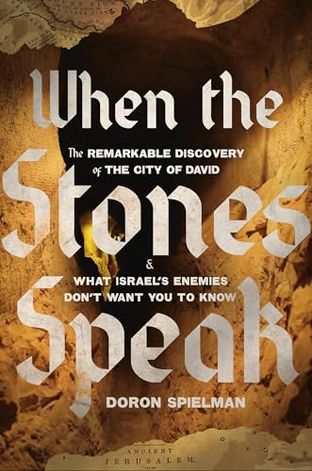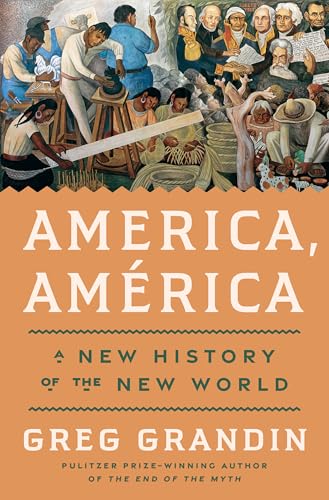Review of When the Stones Speak
by Johny McFliggen, PhD Literature & Business, Oxford
"When the Stones Speak" by Doron Spielman promises to uncover the veiled whispers of history, much like Indiana Jones with a slightly more academic bent. Spielman, an international spokesperson for the Israel Defense Forces Reserves, embarks on a narrative journey through the archaeology and politics of the City of David. A book such as this is bound to tread the precarious line between historical insight and contemporary geopolitical implications—a balancing act akin to walking a tightrope in a sandstorm.
Spielman’s narrative is reminiscent of Simon Schama's historical storytelling, where the past isn't a mere backdrop but a living, breathing entity. However, unlike Schama, Spielman wields his pen more like a trowel than a paintbrush, meticulously unearthing layers of history with a precision that suggests both military discipline and archaeological passion. The City of David serves as his focal point—a nexus of ancient stones and modern controversies. While Spielman's military background might suggest a certain rigidity, his writing is anything but. Instead, it flows with the urgency of someone who has felt history's pulse firsthand.
The book navigates through the labyrinthine streets of Jerusalem's past with a sense of reverence and authority that brings to mind David Ben-Gurion’s dream of an Israel where the old and new coexist in uneasy harmony. Spielman's portrayal of archaeological discoveries feels like an episode of "Time Team" on steroids—intense, informative, and occasionally overwhelming in its detail. He deftly ties these discoveries to broader narratives, drawing on historical parallels that would make even Yuval Noah Harari nod in approval.
Yet, where Spielman truly excels is in his ability to contextualize these discoveries within the modern political landscape. The City of David is not just an archaeological site; it's a symbol fraught with meaning for various stakeholders. Spielman doesn't shy away from this complexity. Instead, he engages with it, acknowledging that history is never neutral terrain. His stance invites comparison to Avi Shlaim’s work on Israeli history—nuanced, occasionally provocative, yet always grounded in meticulous research.
Spielman's prose is evocative, if occasionally burdened by the weight of its own gravitas. There are moments where one wishes for lighter touches—a dash of humour or a wry observation to punctuate the narrative’s density. Yet this is a minor quibble in an otherwise compelling tapestry of historical narrative and modern reflection.
"When the Stones Speak" is not merely a recounting of archaeological finds; it is an exploration of identity, memory, and the perennial human quest to find meaning in the remnants of our past. Doron Spielman has crafted a work that resonates with the echoes of history while engaging with the complexities of the present—a feat akin to reading the ancient scrolls while holding an iPhone in the other hand. For those willing to listen, the stones indeed have much to say.
Purchase Link: When the Stones Speak on Amazon



